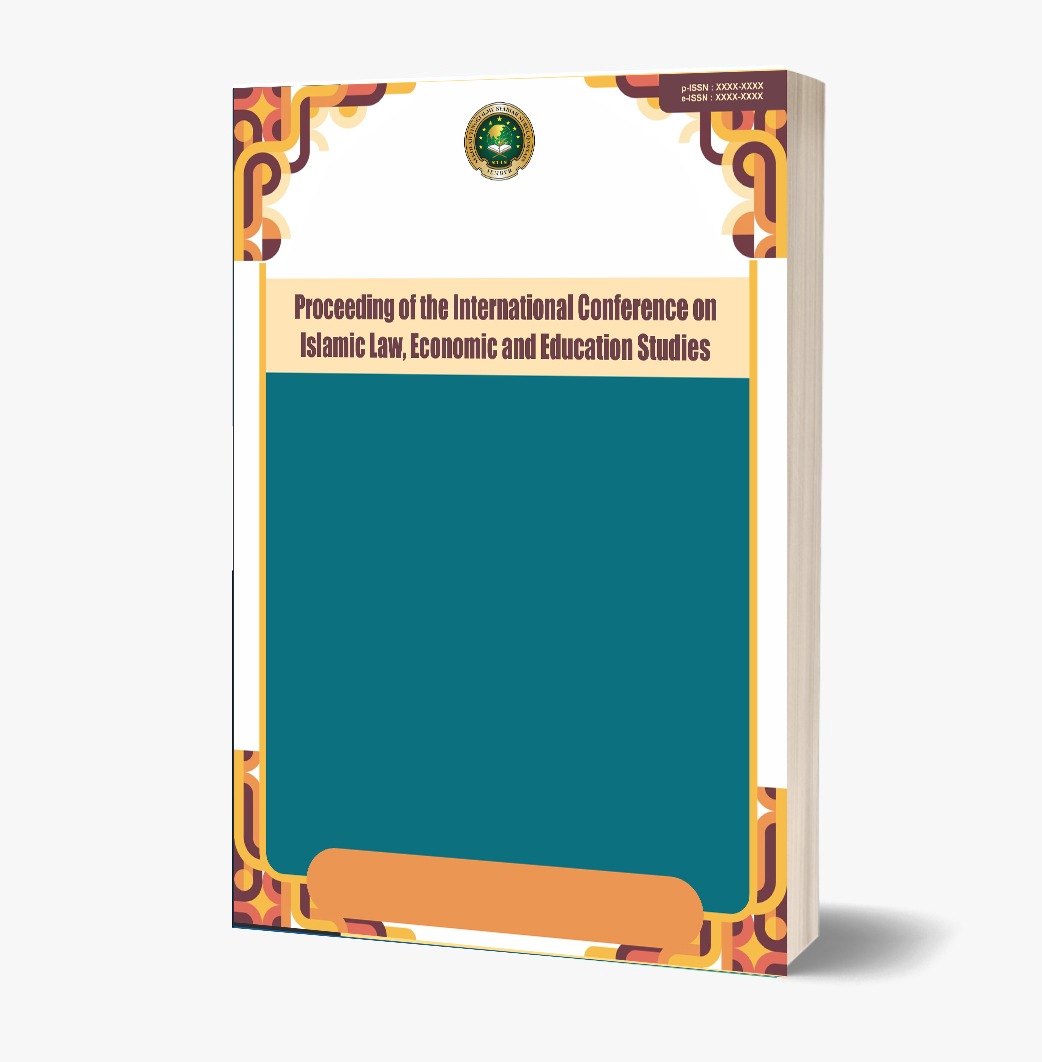Arrangement Polygamy in Indonesia: Analysis Law Islam and Positive Law
Keywords:
Islamic Law, Positive Law, PolygamyAbstract
The regulation of polygamy in Indonesia has been the subject of lengthy debate in recent years. Polygamy, defined as a husband having more than one wife, carries complex implications in the country's laws and policies. Islamic law in Indonesia allows polygamy under certain conditions, such as the consent of the wife, fair treatment, and clear intentions. However, Indonesia's positive law, implemented through Law Number 1 of 1974 concerning marriage, has specific regulations regarding polygamy, including conditions that must be met to engage in it. Indonesia's polygamy policy also has significant implications, with permission for polygamy needing to be obtained from the Religious Court, and conditions to be met including the wife's consent, fair treatment, and clear intentions. This research analyzes the regulation of polygamy in Indonesia through the analysis of Islamic law and positive law, as well as understanding the urgency of obtaining permission for polygamy in the Religious Court. The research findings indicate differences between Islamic law and Indonesia's positive law, with Islamic law permitting polygamy under certain conditions, while Indonesia's positive law has stricter regulations making it more difficult for husbands to engage in polygamy. This research shows that the differences between Islamic law and Indonesia's positive law can be a source of conflict and debate within society, highlighting the need for clearer and more consistent regulations governing polygamy in Indonesia, as well as the importance of raising awareness among the public about the significance of respecting both legal and customary laws within society.
References
Al-Qurthubi. (1967). Al-Jami' li al-Ahkam al-Qur'an (Vol. 5). Cairo: Dar al-Kitab al-Arabiyyah.
Al-Thabari, I. J. (1978). Jami' al-Bayan fi Tafsir al-Qur'an (Vol. 4). Beirut: Dar al-Fikr.
Al-Zamakhsyari. (1966). Al-Kashsyaf 'an Haqaiq al-Tanzil wa 'Uyun al-Aqawil fi Wujuh al-Ta'wil (Vol. 1). Egypt: Mushthafa al-Bab al-Halabi.
Amendment to the Law on Religious Courts (Law of the Republic of Indonesia No. 3 of 2006). (2006). Sinar Grafika.
Ardhian, RF, Anugrah, S., & Bima, S. (2015). Polygamy in Islamic law and positive law in Indonesia and the urgency of granting permission for polygamy in religious courts. Jurnal Privat Law, 3 (2), 101–107.
Darmawijaya, E. (2015). Polygamy in Islamic law and positive law: A review of Turkish, Tunisian, and Indonesian family law. Gender Equality: International Journal of Child and Gender Studies, 1 (1), 27–38.
Fath al-Qadir: Al-Jami' Bain Fann al-Riwayah wa al-Dirayah min Ilm al-Tafsir (Vol. 1). Beirut: Dar al-Fikr.
Compilation of Islamic Law. (1992). Jakarta: Akademi Pressindo.
Syam, MM, & Syachrofi, M. (2019). Hadiths of polygamy: Application of Muhammad al-Ghazali's method of understanding hadith. Diroyah: Journal of Hadith Science, 4 (1), 89–98.
Religious Courts Law Number 7 of 1989.
Marriage Law Number 1 of 1974. (1990). Surabaya: Pustaka Tinta Emas.





